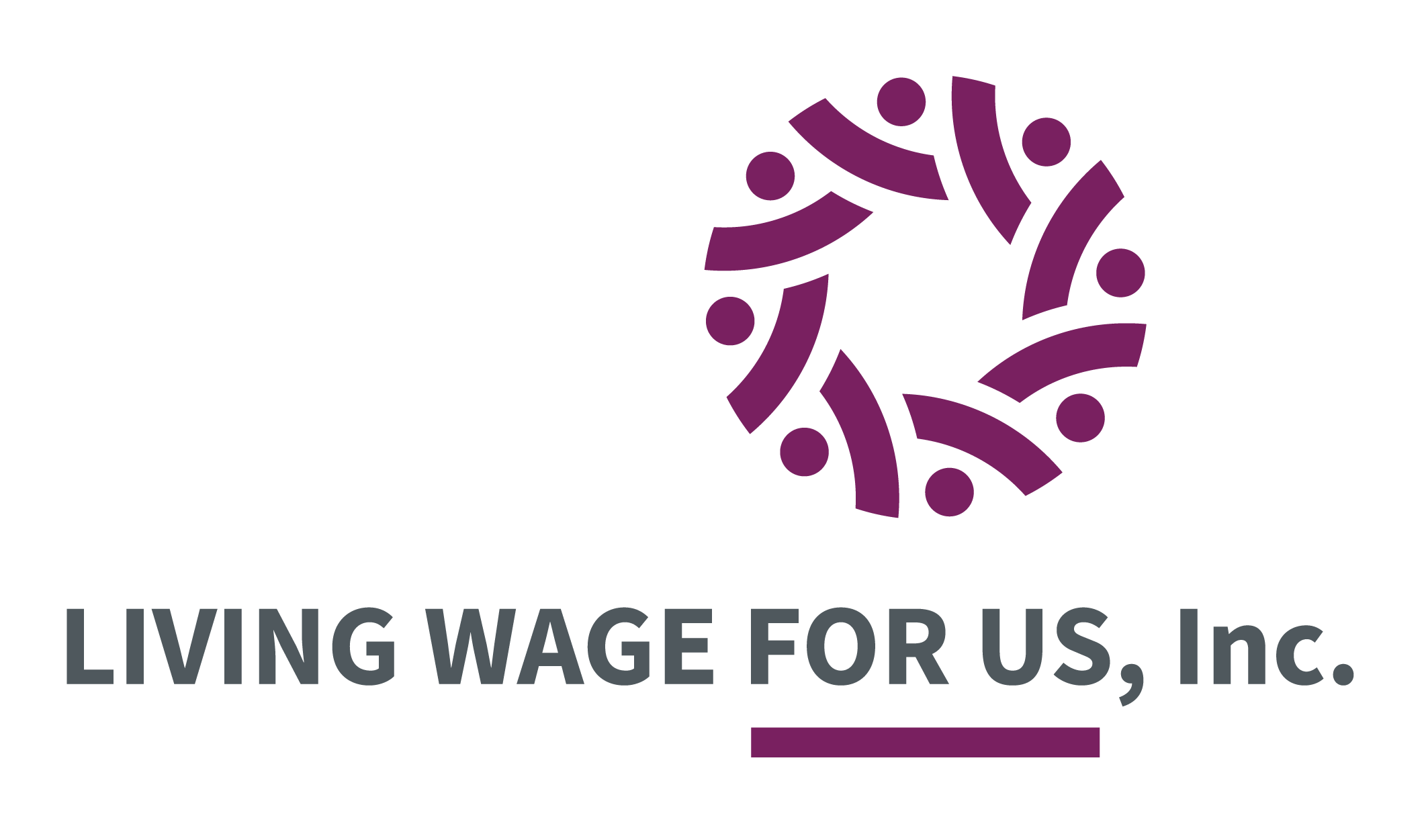Repair the American Dream for Workers
“The American dream is alive, but fraying”. On August 19, 2019 Chairman and CEO of JPMorgan Chase & Co. and Chairman of Business Roundtable stated what many Americans already understand. It is increasingly difficult for U.S. workers to achieve economic mobility. But rather than being a harbinger of trouble, this statement is a beacon of hope. U.S. companies are beginning to understand that providing opportunity for workers and supporting communities is a fundamental tenant of how a business must operate to achieve long-term success.
Business Roundtable, a group of 181 CEOs that has issued principles on corporate governance since 1978, has finally changed tune on upholding shareholder primacy as the principle corporate purpose. For the first time since its formation, the group stated that the purpose of a corporation is to serve all of its stakeholders. Nearly 200 CEO’s have committed to a corporate purpose that:
- delivers value to customers;
- invests in employees;
- deals fairly and ethically with suppliers; and
- supports the communities in which they work
That’s great news for Americans. The question that follows such a grand statement is how do these CEOs put tooth to this commitment? Living Wage For US has been developing a solution since August 2018 that adapts the UK Living Wage Foundation model of living wage accreditation to the U.S. context and provides every American with the ability to hold companies accountable and incentivize good behavior with their consumer dollars.
We’ve begun by engaging employers, unions, community groups, academia, and worker representative groups in a conversation that explores both the business impacts of voluntary living wage payment, and the changes that it makes in the lives of workers and their communities. We are swiftly progressing toward launching a nationwide living wage certification and member community that will pursue a shared standard, agreed by all stakeholder groups, on what it means to pay a living wage based on the wide-ranging costs of living across the U.S.
This work is the beginning of creating transparency on the single issue of living wage payment. It simplifies an understanding of the impacts to workers, communities, and companies of paying a living wage to all workers, and creates a path that will remove barriers and reward a growing number of American companies that deliver on Business Roundtable’s newly stated purpose for American corporations.
But what does earning a living wage mean? And why is it important?
For Nishad Sayem, a Bangladeshi immigrant who moved to the U.S. to support his parents. It means the ability to care for them as they age and pursue a better future by taking IT classes. Before working for a living wage employer he worked two full time jobs. And that meant no money or time to improve his situation no matter how good the training programs available to advance his career.
For single mom Ciara Cody in Colorado, it means having the time and energy to care for her daughter. “I’m a much happier person when I leave work. I’m more engaged with my kid at home. I wake up everyday and enjoy coming to work. I don’t feel as stressed on bills and rent.”
Both of these American workers are better equipped through living wage jobs to contribute to their communities and the next generation of Americans. And their employers are seeing benefits of raising their pay as well. At Living Wage For US we’ve collected stories from employers likes Nishad and Ciara’s in unexpected industries like fast-casual food. They showed that increasing wages for their workers to a living wage, actually increased profits, as American communities and consumers rallied to support the voluntary move. But it is not just consumers that are looking for clear signs to reward companies that understand the importance of growing beyond shareholder primacy, investors too want to identify and reward living wage employers.
Together with the Economic Policy Institute, Living Wage For US has worked to estimate and then aggregate and align cost of living calculations in the U.S, with global principles on living wage that many companies are already applying in their supply chains. Creating wage levels that employers can understand when operating across the country and can implement for all of their employees.
We are working not only in lower paying industries, but also with employers that typically have higher paid employees, to help them understand how their commitment to workers extends beyond their own staff to the subcontracted workers essential to their operations, such as building maintenance, catering, and security staff. Extending their own living wage impacts to the wider community.
We have established a living wage standard with multi-stakeholder input that transparently defines what paying a living wage means, as well as how dropping benefits or hours to achieve living wage payments is to the detriment of living wage efforts.
The culmination of this work is the creation of a new living wage community that drives the case of why keeping the American Dream alive is the only way to ensure corporate success long-term.
Labor groups in the U.S. have long been working hard to raise wages for Americans as income inequality has grown to its highest level since the U.S. government began tracking data more than 50 years ago (US Census Bureau). Now that more companies are signing on to the idea that workers are valuable stakeholders in corporate success, it’s important to have metrics that are transparent and measurable to allow companies and consumers to publicly benchmark how employers are actually progressing against this commitment.
Living Wage For US is working to provide just that, through our national living wage certification program, so that consumers and investors can have the confidence that a Living Wage For US seal means all workers at a Living Wage For US Certified Employer, both employees and subcontracted staff, are on a tracked path to earn or already earning enough to support a decent standard of living for themselves and their families. We’re providing the tooth that the 181 Business Roundtable CEO’s, and every employer across the U.S., needs to support workers and their communities.
Living Wage Blog
